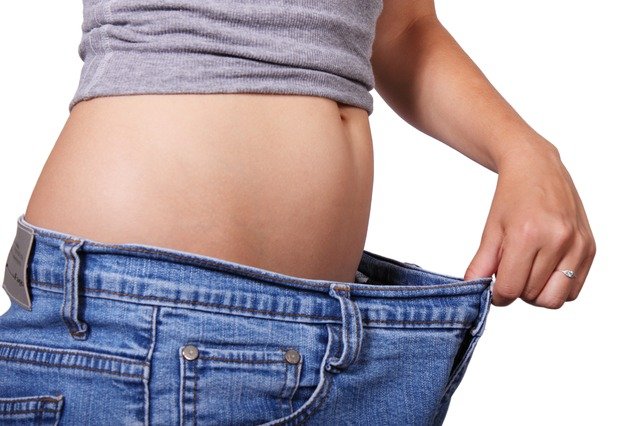
In a new study, researchers found that moderate-intensity exercise combined with a supplement that suppresses appetite could boost the rate at which fat is burned in the human body.
The new findings build on promising previous studies which showed that a substance known as an inulin-propionate ester (IPE) reduced cravings for high-calorie foods and boosted rates of fat oxidization—the process by which the body “burns” fat.
The research was conducted by a team from the Universities of Glasgow and elsewhere.
Previously, the team has shown that IPE can encourage people to feel full while eating less and that it encourages the human body to burn fat faster.
In the study, the team recruited a total of 20 women aged between 25 and 45 with a body mass index greater than 25.
Over the course of four weeks, they took on a program of moderate-intensity exercise training and were given regular supplements to take of either IPE or a placebo made from cellulose.
During the study, their usual diets remained unchanged.
The researchers measured the change in the participants’ levels of resting fat oxidation by taking blood and expired gas samples before the study began and again after it was over.
Samples were taken from participants before breakfast, after breakfast, and after lunch.
They found that while the rate of fat-burning in the placebo group remained unchanged from the beginning of the study to the end, it was much higher in those who took the IPE supplement.
The effect was still present seven hours after the participants took their IPE supplement.
The team says adding moderate exercise to the daily routine is a good thing for the heart and general health.
But the effects it has on the amount of fat which people burn while at rest and after a meal can be inconsistent and these effects don’t easily translate through to changes in body composition and body mass.
One author of the study is Dr. Douglas Morrison, of the Scottish Universities Environment Research Centre.
The study is published in the journal Metabolism.
Copyright © 2019 Knowridge Science Report. All rights reserved.



